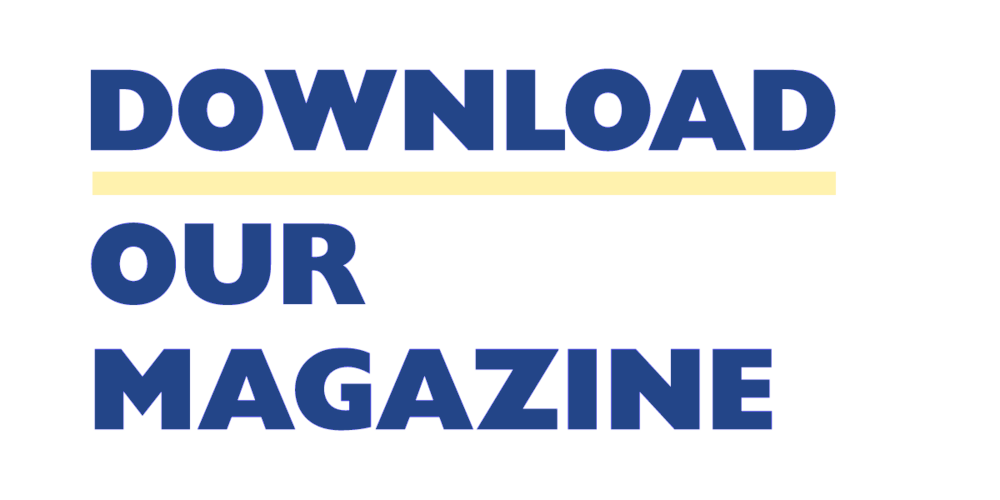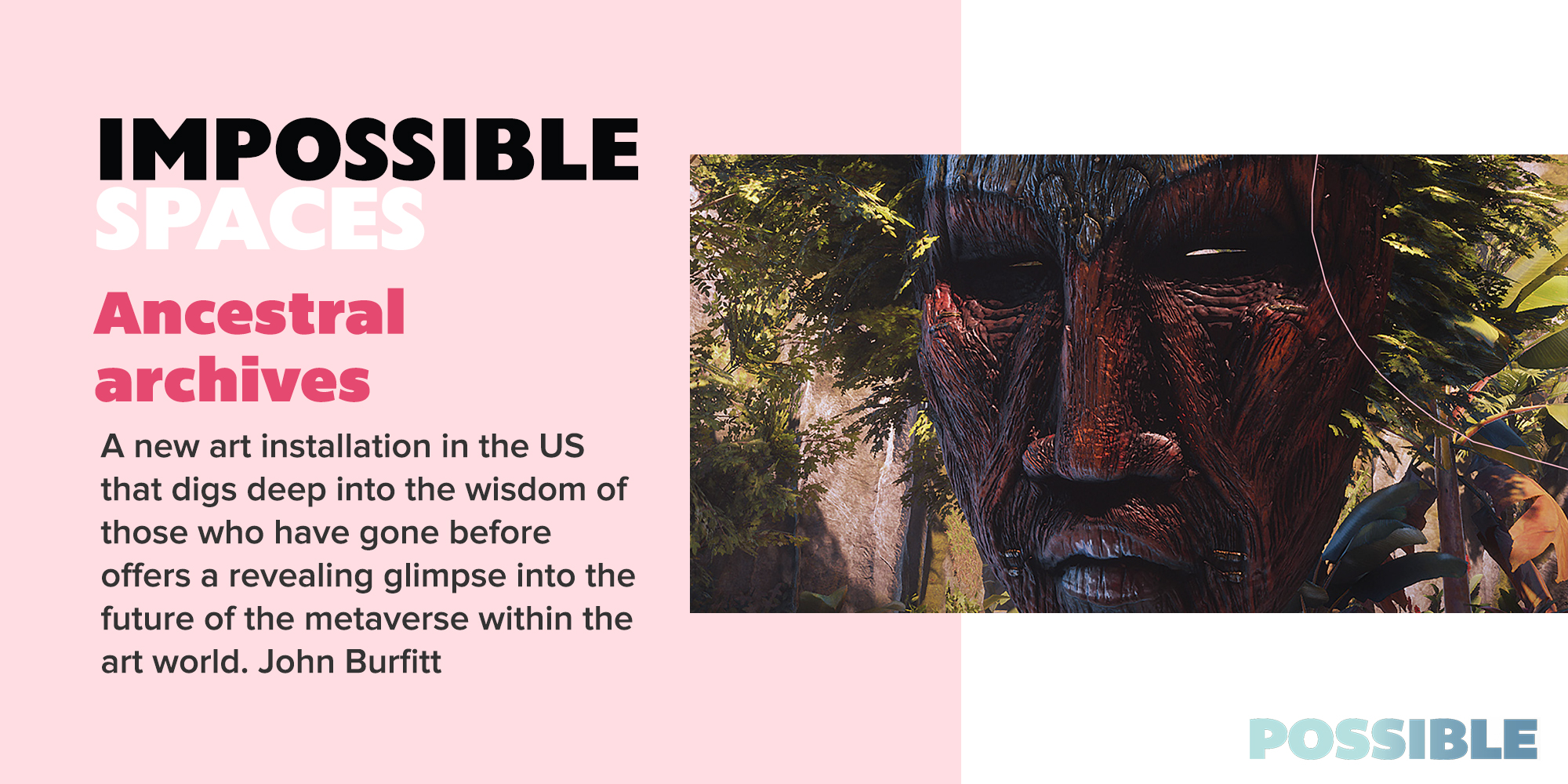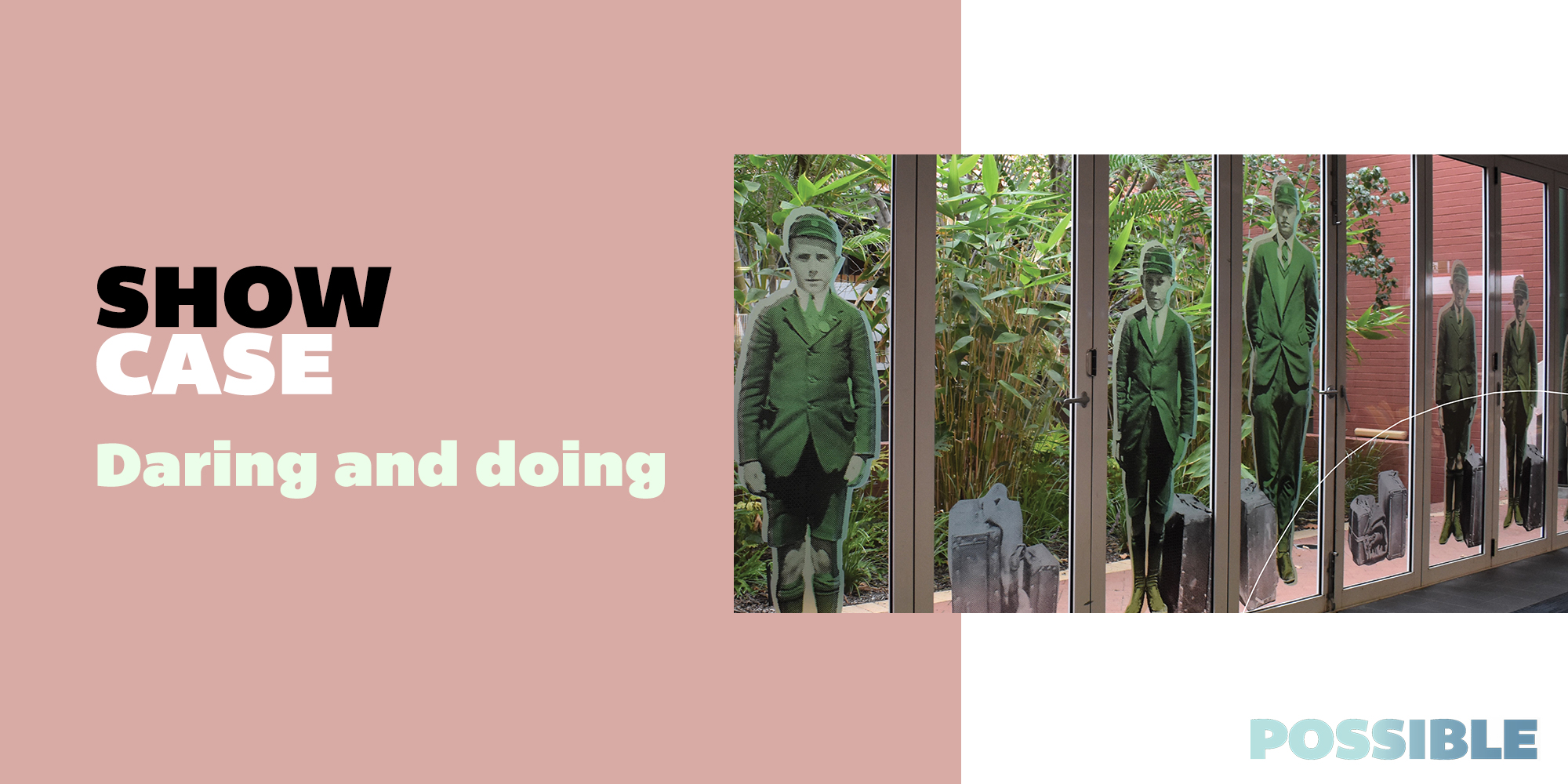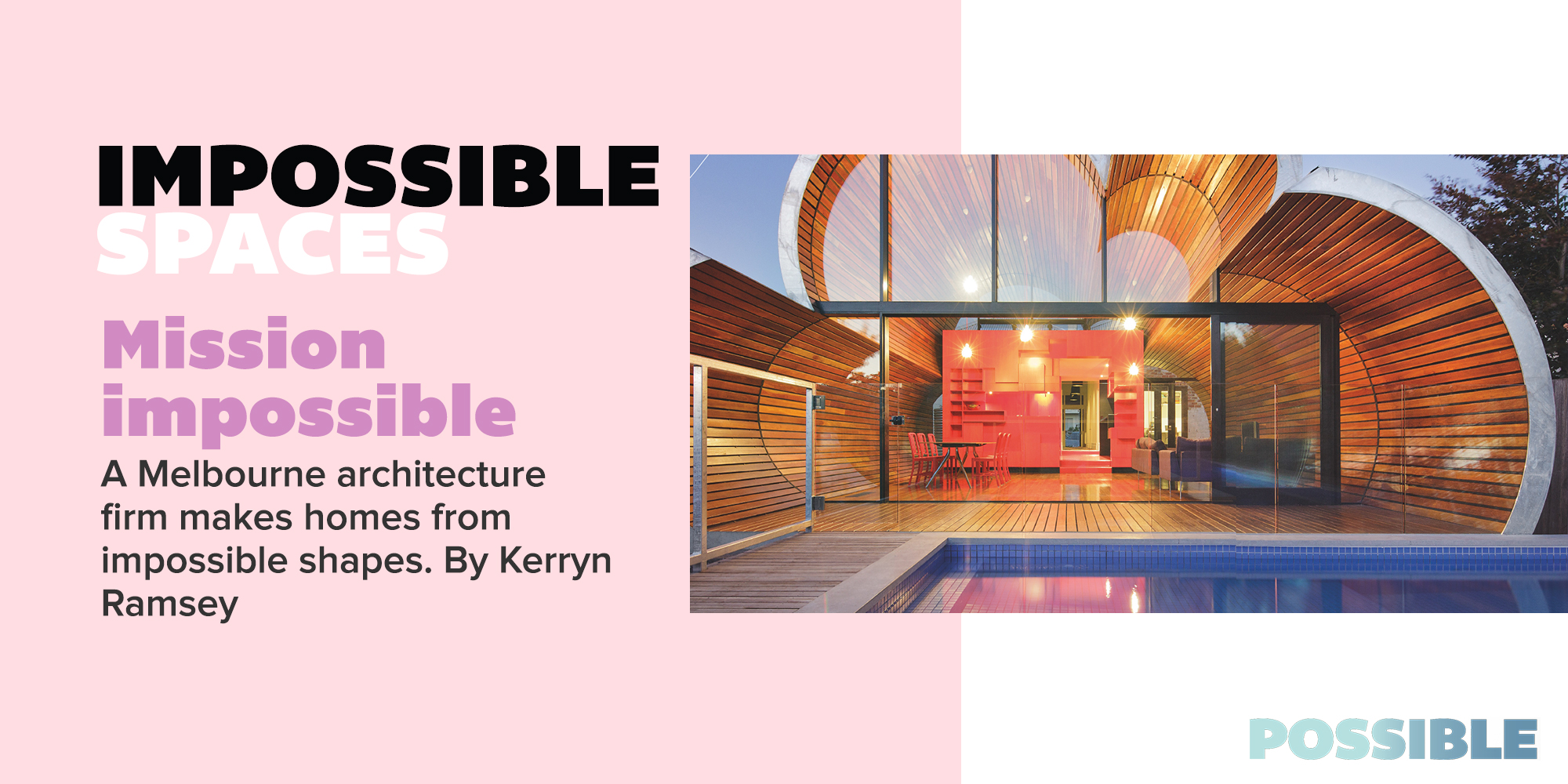“My phone died on a night out and with no way to charge it, I couldn’t get an Uber or phone for a lift—so I had to walk 15km home. It brought home to me how heavily reliant on our phones we’ve become; once that battery dies, our lifeline is gone.” - Bailey Page, creator, Zip Zap
Australia’s been one of the fastest countries to shift to a cashless society—made super easy with a smartphone and digital wallet. Unless, of course, the tech lets you down! But unlike those who’d consider a dead battery an annoyance, 22-year-old Bailey Page decided to design his way out of the problem.
“My phone died on a night out and with no way to charge it, I couldn’t get an Uber or phone for a lift—so I had to walk 15km home,” he recalls. “It brought home to me how heavily reliant on our phones we’ve become; once that battery dies, our lifeline is gone. The next morning, I thought there had to be a solution to this that didn’t involve carrying a giant power bank or charger out with me.”
But there wasn’t. The then 19-year-old searched ‘cableless charger’ in every tech store and power bank company he could find in Australia. Nothing. He extended his search to the US and Europe. Again, nothing. “It was strange,” he says. “I started to think it was an opportunity, an idea that had legs.”
Starting from scratch
Page didn’t have a clue how to go about creating what would later become Zip Zap, but he told family and friends about it anyway. They were lukewarm, he remembers. “Mum was so used to me coming up with ideas for new businesses every second week. I’d always been an ideas kid, obsessed with design and products and those kinds of things. But she basically said, ‘Bailey, you’re at uni, that should be your main priority right now.’ At the time, I took that on the chin.”
Even so, he started researching, ‘How do you find a manufacturer?’ on YouTube, and watched around 1000 videos about designing and bringing a product to market. One video led him to manufacturing platform Alibaba, where he spent three months creating a spreadsheet of 167 Chinese power bank manufacturers that fit his criteria.
“I then whittled them down until I had 10,” says Page. He sent emails explaining he was a young kid from Australia looking for a manufacturer who could do a custom design for a product. “Two were open to it, and one was a good fit.”
Understandably, he was nervous about the $60,000+ upfront costs: it took $30,000 of his own savings, and his parents agreed to invest the rest.

Creating the prototype
The nine-month process involved three prototypes of the cableless portable charger, with the third being the “lucky charm”, says Page. The water-resistant Zip Zap, with its 3000mAh lithium-ion battery and fast-charging technology, is made of the same polycarbonate plastic Apple uses. “It’s exactly what we wanted to achieve,” admits Page. “It’s smooth, it’s durable, it doesn’t stain.” To get the word out, Page paid a PR company $800—and the planets aligned. Everyone wanted the Zip Zap story. After appearing on Sunrise, things exploded. “Our first order was for 2000 units. My goal was to sell them over the course of the year, and we sold 1500 in a matter of days.”
A 2023 7NEWS Young Achiever Entrepreneurship Award for Page followed, as did global coverage, which led to over 155,000 people all over the world visiting his website. “It was insane even though we don’t ship internationally just yet. To date we’ve done just over $600,000 in sales, which is still a crazy number to me and I’m super excited to take my business international in 2024.”
Turning over six figures in the first five weeks of business meant he could pay his parents back—who’d unsurprisingly come around [to his idea]. “There have been a few cheeky digs at family dinners since. But my mum’s an angel. She gives me a lot of help, packing orders if I’m away or checking emails for me. I’m still a one-man band and I plough most of the profits back into growing the business.”
What’s next?
Page has a global patent pending, is working on new products—and he recently launched the Zap Pad. He also surrounds himself with a network of business advisers. “I stepped into the business journey so blindly. I’m good at ideas but not a professional in law or accounting or business, so I feel lucky to have people I can call on to give their guidance once in a while,” he says.


.png)



